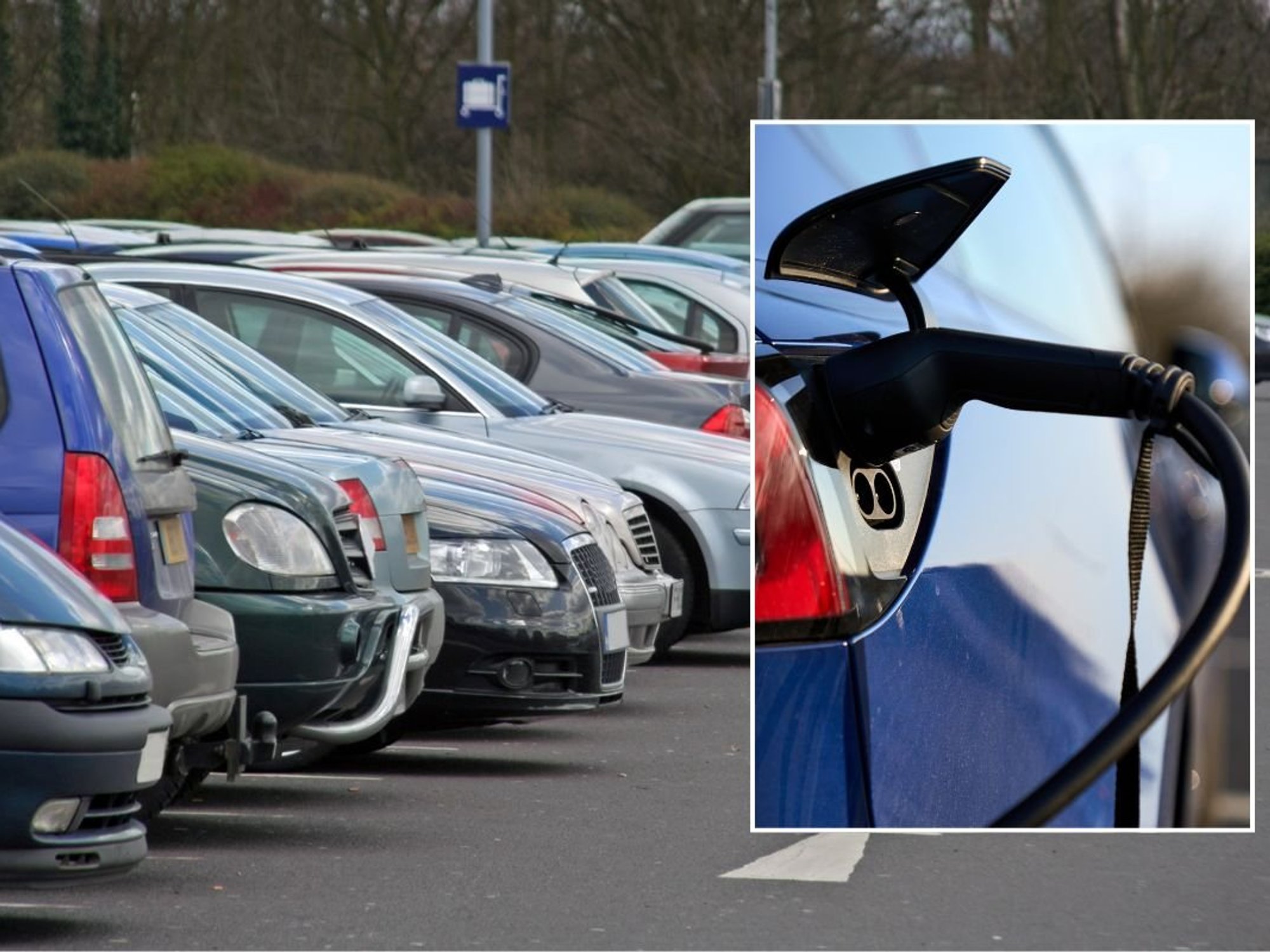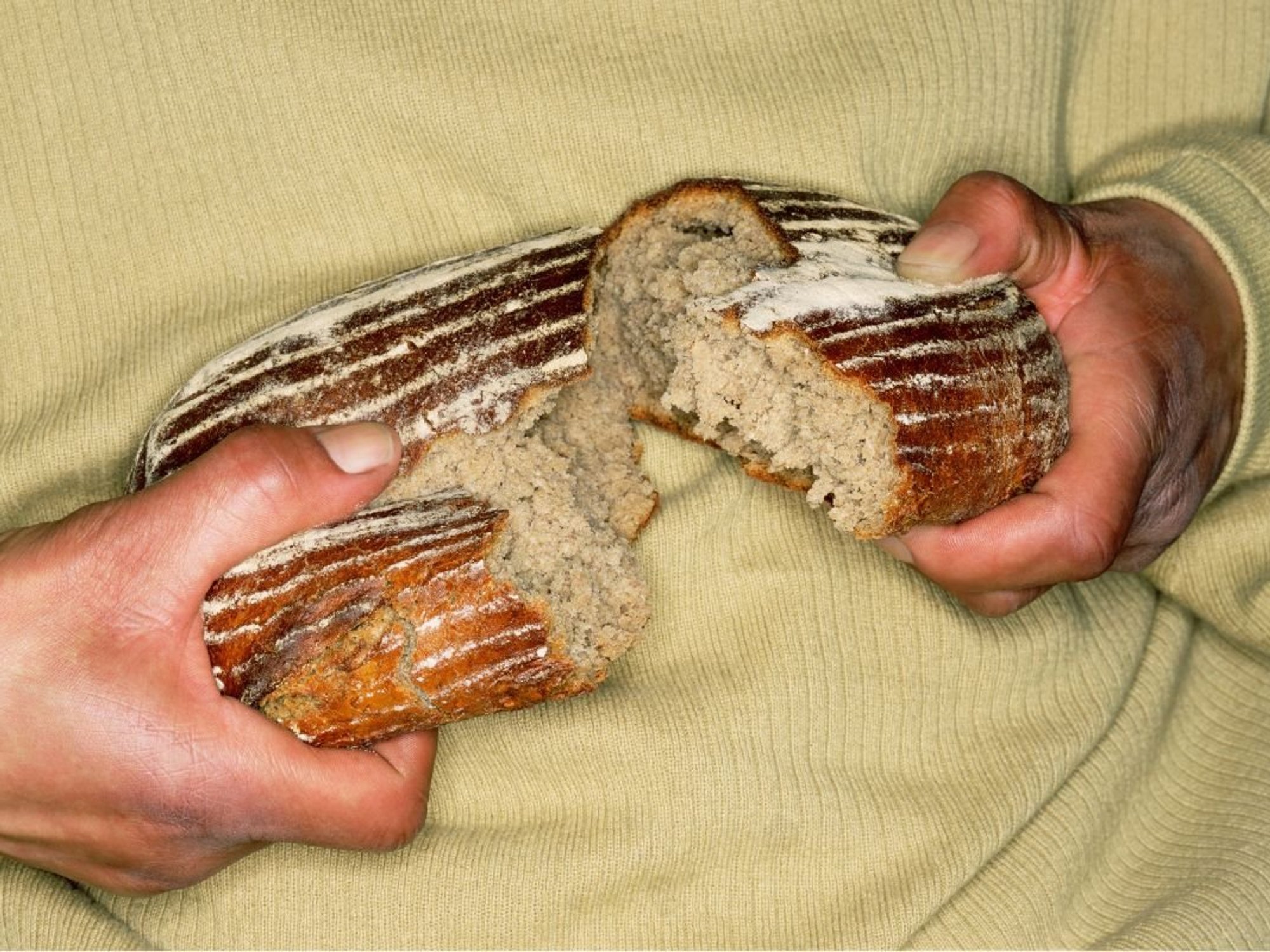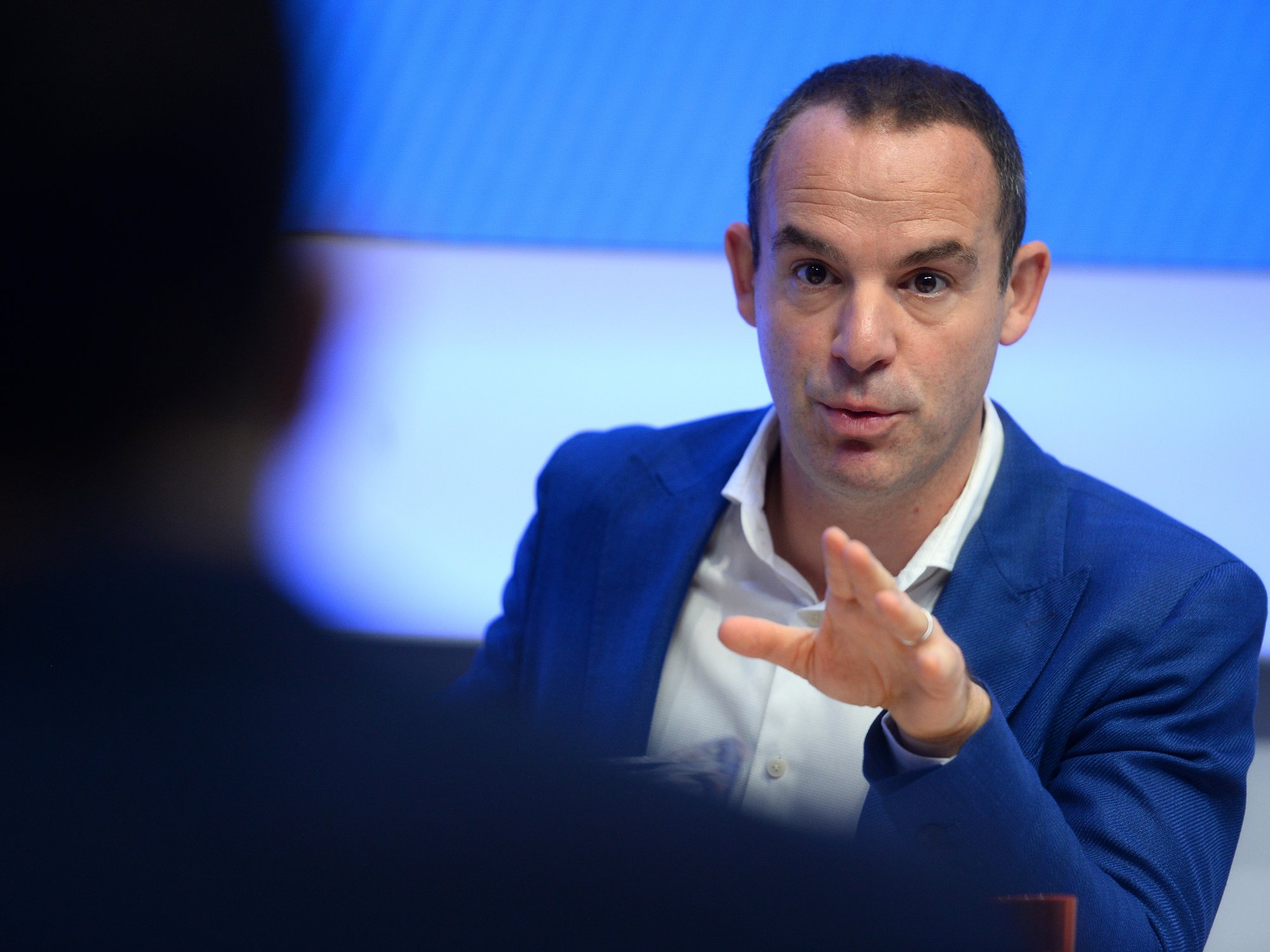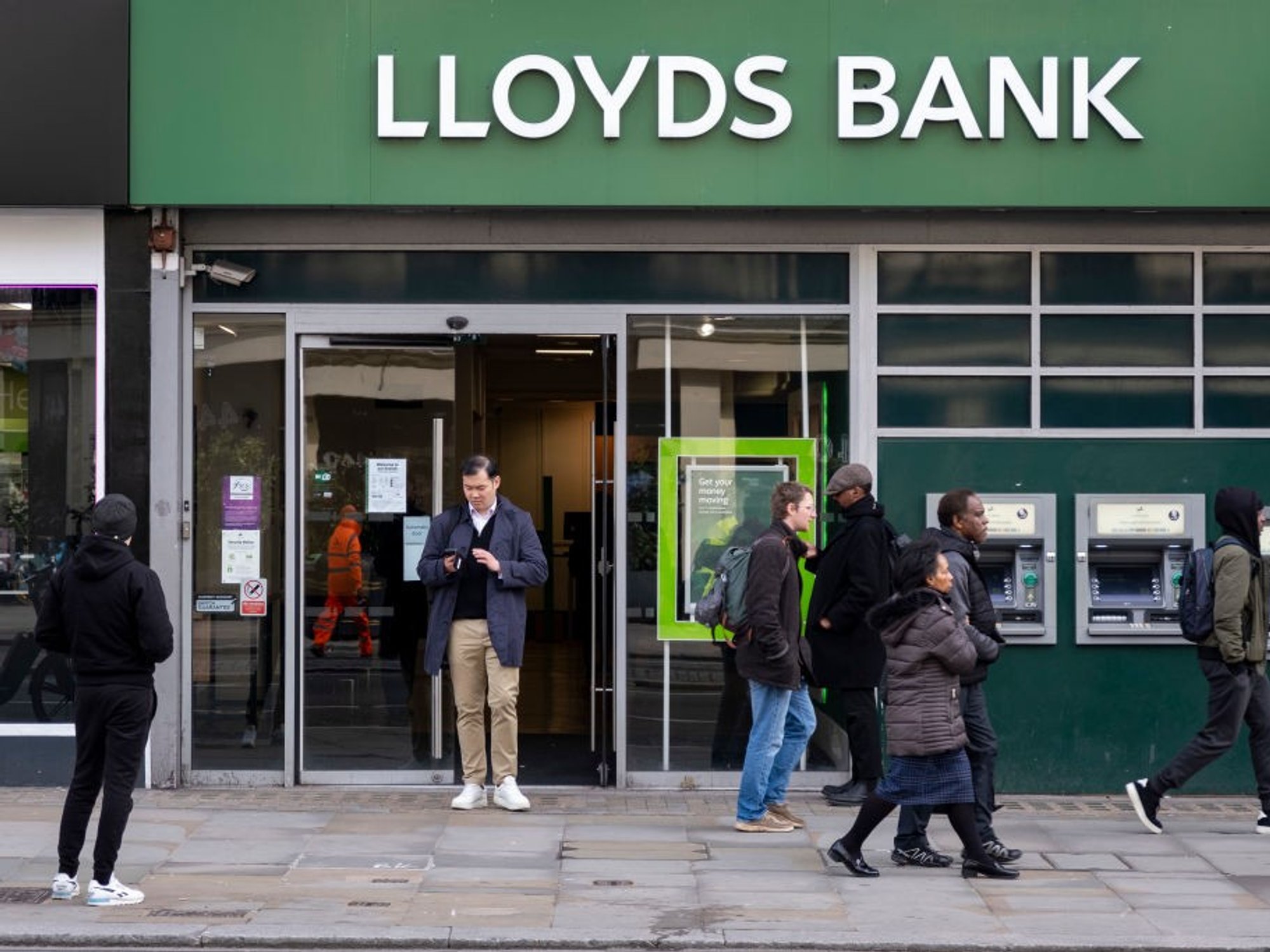Middle-income Britons face growing squeeze under crippling tax burden
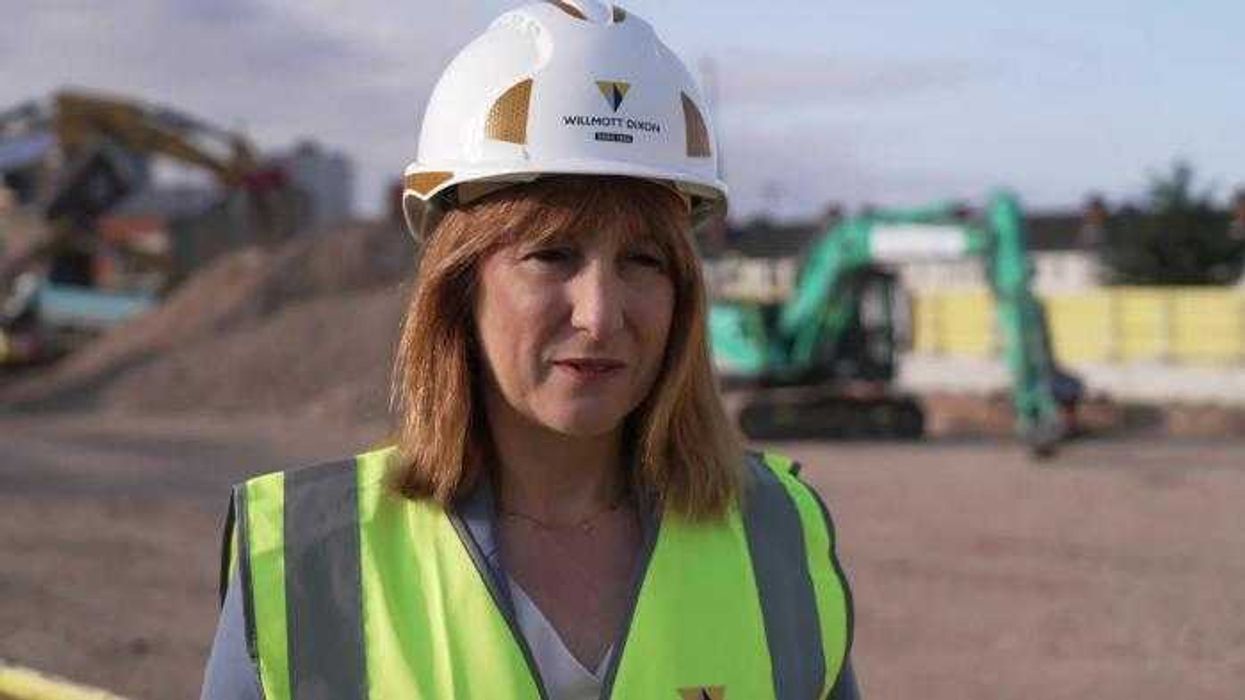
Rachel Reeves says 'working people have more money in their pockets' thanks to GDP figures |
GB News

Fiscal drag and rising living costs squeeze households as public services falter
Don't Miss
Most Read
Middle-income earners in Britain are facing rising financial pressures as wages struggle to keep pace with inflation, according to experts.
Static tax thresholds are pushing households into higher tax brackets.
Britain’s middle-income workers are being squeezed harder than ever, a leading tax expert has warned.
Neil Berry, partner at accountancy and advisory firm MHA, told GB News: "Many middle earners are being dragged into positions of paying additional tax through fiscal drag which is leaving them with less disposable income!"
He cautioned that with tax thresholds frozen and living costs still elevated, households risk finding themselves trapped in higher tax brackets without feeling any richer.
TRENDING
Stories
Videos
Your Say
He added that raising income tax would add further pressure to middle earners.
Mr Berry said that increasing tax rates adds to the burden, while calls for higher taxes reflect the UK’s strained public finances, which are under growing demand.
"The challenge is to strike a balance between supporting households, of all descriptions, which are under mounting pressure and ensuring the sustainability of government revenues."
He also noted that the IOD’s call for higher taxes "really highlights the tension between fiscal sustainability and the need to protect growth."

Middle-income earners in Britain are facing rising financial pressures
|GETTY
Mr Berry said that higher taxes, which may help to plug the growing gap in public finances, risk discouraging work and investment amongst middle-class taxpayers.
"With all households under pressure, weak economic growth, the government must tread carefully," he added.
"They must avoid measures that will undermine spending power, work incentives and investment. Increases now could hit consumer confidence at precisely the wrong time!"
Britain's tax burden has reached its highest point since the Second World War, with Chancellor Rachel Reeves considering further increases.
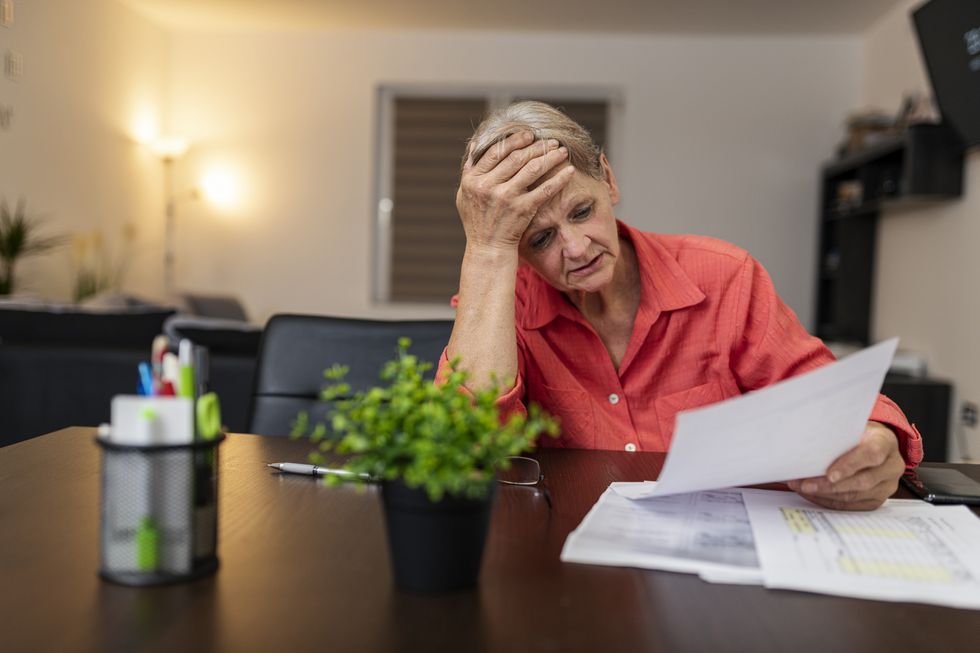 Britons are concerned about the rising tax burden | GETTY
Britons are concerned about the rising tax burden | GETTYPrivate spending on essential services is rising as public services continue to struggle.
A median full-time employee earning £38,000 contributes approximately £1,455 yearly towards NHS funding, according to the Telegraph.
Waiting lists exceeded 7 million treatments last month, with private healthcare coverage reaching 11.8 per cent of Britons this year, the highest since 2008.
The sector's value reached £12.4billion in 2023, with 4.7 million people obtaining insurance through employers.
A 25-year-old non-smoker outside London typically pays around £50 monthly for basic private coverage, although premiums vary.
Government data shows 40 per cent of adults accessed NHS dental care in the two years to March 2024, down from 49 per cent pre-pandemic.
A recruitment drive offering £20,000 "golden hellos" in underserved areas attracted less than 20 per cent of the targeted 240 dentists by February.
Dental insurance uptake expanded nearly 25 per cent over three years, with monthly premiums ranging from £12 to £35.
Tim Read of LaingBuisson said: "With more people finding themselves unable to get an appointment with NHS dentists, it comes as little surprise to find growing numbers choosing to take out dental cover."
Crime Survey data shows fewer than half of respondents rate their local police as performing well, down from 62 per cent a decade ago.
One in ten local authorities plan reduced bin collections despite rising council tax.
West Berkshire reduced collections to three-weekly intervals, while Bristol abandoned monthly collection plans following protests.
Local authorities spent £23.3 billion on adult social care in 2023-24, a 51 per cent increase since 2012-13.
LATEST DEVELOPMENTS:
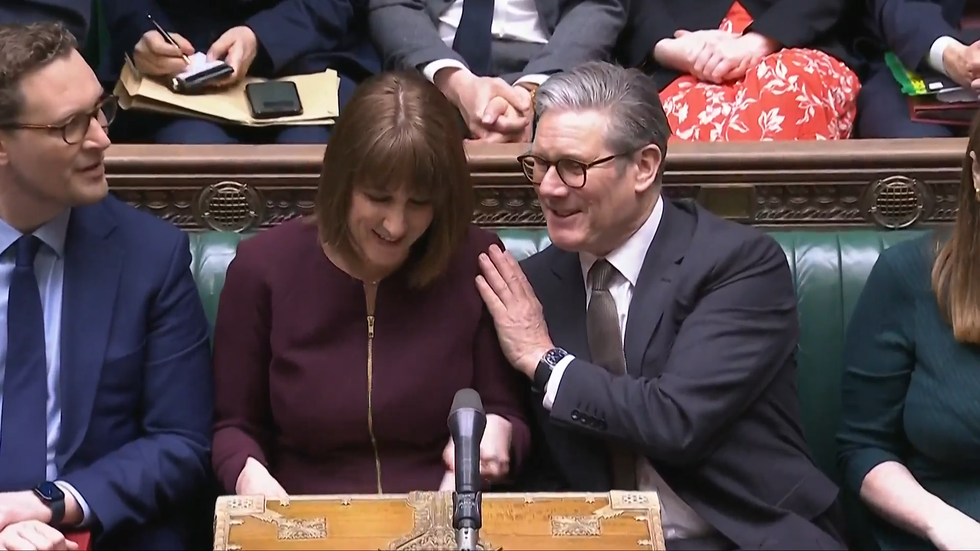
The November budget could see income tax rises
| PARLIAMENTLIVE.TVLong-term care recipients dropped from 873,000 to 859,000 between 2015 and 2024, while requests for support rose from 1.8 million to 2.1 million.
The King's Fund reported that rising wages and employer contributions are forcing councils to reduce provision. Private care fees averaged nearly £1,400 weekly, up 25 per cent since 2021-22.
Individuals spent £8.3 billion on privately purchased care, while those eligible for state support contributed an additional £4.1 billion from personal funds in 2023-24.
Boris Johnson's promised care cost cap was abandoned by Labour upon entering government.
More From GB News






